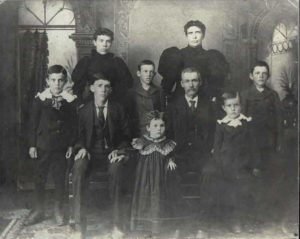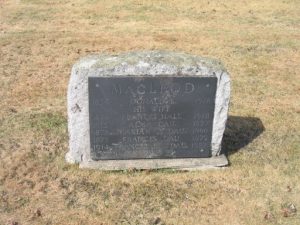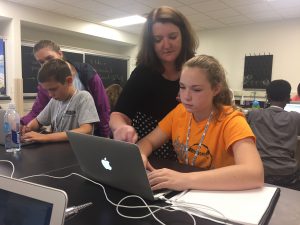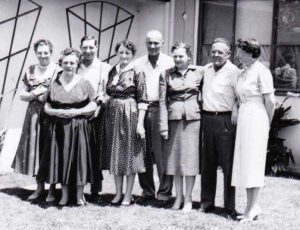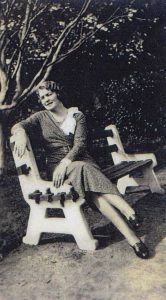 Desktop publishing refers to computer programs that allow you to create works with both text and graphics in the same file. I never got into the Mac and Apple world, so my experience is only with PC programs such as Microsoft Word, which has always done well with text, but is limited when incorporating graphics. Programs such as Microsoft Publisher and Adobe InDesign pick up the gap between programs that specialize in words and those that specialize in pictures.
Desktop publishing refers to computer programs that allow you to create works with both text and graphics in the same file. I never got into the Mac and Apple world, so my experience is only with PC programs such as Microsoft Word, which has always done well with text, but is limited when incorporating graphics. Programs such as Microsoft Publisher and Adobe InDesign pick up the gap between programs that specialize in words and those that specialize in pictures.
My go-to program in the past has been Microsoft Publisher. When it originally came out thirty years ago, it emphasized the ability to take large Word files and merge them into larger book-length files and then convert them to formats that were used by commercial printers, such as PDFs. Today one can create a PDF file directly from within the Microsoft Word program. If one does not need sophisticated graphics for a book, therefore, one does not necessarily need a desktop publishing program. Continue reading Desktop publishing woes
